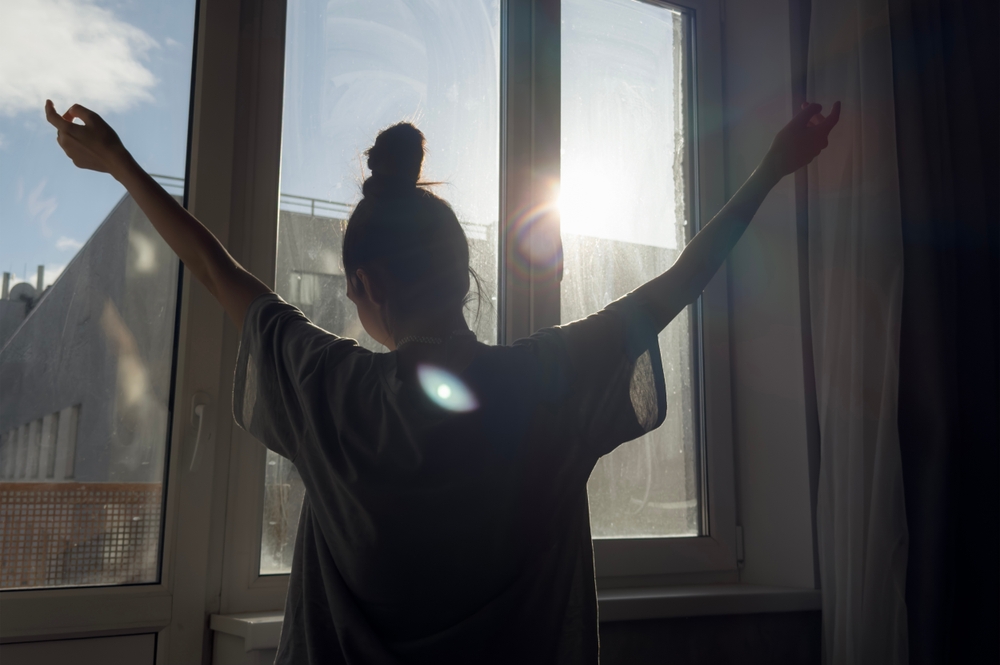Expat Burnout and Anxiety: Nervous System-Friendly Self-Care That Actually Works
Living abroad is exciting—but also overwhelming. Here’s how to manage expat anxiety, burnout, and emotional overload with gentle, practical self-care.
Adjusting to Life Abroad Can Be Overwhelming
Like any major life transition, moving abroad can be both thrilling and deeply stressful. The constant adaptation—new languages, cultural expectations, unfamiliar routines—can overload your nervous system, leading to anxiety, burnout, and emotional overwhelm.
In these moments, it’s easy to feel like you’re failing. But what if your symptoms aren’t signs that something is wrong with you, but rather signals from your body asking you to slow down, reset, and reconnect with your most basic needs?
Anxiety and Burnout Are Messages—Not Malfunctions
Anxiety, exhaustion, and emotional shutdown aren’t just psychological—they’re also physical signals. Your body is saying:
“I’m overwhelmed. Please take care of me.”
Instead of diving deeper into your to-do list or trying to mentally “fix” the problem, the most helpful thing you can do is pause and tend to your physical body—the part of you that needs care, not control.
Shift From Fixing to Nurturing: A Grounded Approach
When stress hits, our instinct might be to push harder. But this often intensifies burnout. A trauma-informed approach asks:
What if I cared for myself like someone I love?
You may not be able to control your environment or other people—but you can control how you respond to your needs. Self-care isn’t indulgent—it’s regulation.
Self-Care Starts with the Basics
Ask yourself:
- Am I drinking enough water?
- Have I eaten a balanced, nourishing meal today?
- Did I move my body, even gently?
- Have I gotten sunlight or fresh air?
- Am I prioritizing rest and sleep?
When you’re overwhelmed, these are the first things to go—but they’re also the first things that bring relief.
Practical, Nervous-System-Friendly Self-Care Strategies
Start small. These actions are deceptively simple, but incredibly powerful when it comes to regulating anxiety and stress.
- Hydration: Aim for 1.5–2L of water per day.
- Sleep: Get 7–8 hours of restful sleep whenever possible.
- Movement: Gentle stretching, yoga, or walking—just 10 minutes makes a difference.
- Sunlight: Aim for 10–30 minutes outside daily to boost mood and regulate circadian rhythms.
- Hygiene: Shower, brush your teeth, and change clothes—even if you’re staying home.
- Mindful rest: Journaling, warm baths, or cozy reading time help signal safety to the nervous system.
End-of-Day Reflection: A Self-Care Habit That Sticks
Before bed, reflect:
“What did I do today to care for my physical self?”
Write down even the smallest actions. This builds self-trust and reinforces that you can support yourself—even on the hard days.
Prepare for Stress Before It Hits
These practices aren’t just for when you’re already burnt out—they can help prevent emotional overload during transitions, travel, or tough conversations. When you feel grounded in your body, you respond rather than react.
Final Thoughts: Self-Care Isn’t Optional—It’s Foundational
Burnout and anxiety don’t mean you’re failing—they mean you need care. You are not broken. You are human.
By reconnecting to your body through simple, supportive actions, you can regulate your emotions, reduce overwhelm, and feel more like yourself again—even in unfamiliar environments.
Therapy for Expats Facing Burnout, Stress, and Anxiety
I specialize in working with expats navigating nervous system overload, emotional regulation, and life transitions. If you're feeling stuck, scattered, or exhausted, therapy can help you create sustainable self-care and reconnect with your internal stability.
Book a free consultation today.
Related Articles
Here are some other articles that might interest you as you continue your journey through stress, burnout, and emotional regulation:
- Healing from Complex PTSD: Understanding Symptoms & Recovery
- Cultural Burnout: How Therapy Helps Expats Manage Stress and Feel Grounded Abroad
- How to Stop a Panic Attack: 8 Therapist-Backed Strategies to Calm Your Mind and Body
- What is Anxiety? Understanding the Science, Symptoms, and How to Manage It
- Managing Anxiety, Burnout, and Overwhelm: Practical Self-Care Tips for Expats and Those Facing Stressful Transitions
Tags:
expat burnout, anxiety abroad, self-care for expats, nervous system regulation, therapy for expats, burnout recovery, emotional overwhelm abroad, expat mental health support, nervous system self-care, burnout and anxiety tips, trauma-informed expat therapy, how to calm anxiety abroad, online therapy for expats, therapist for burnout and stress




